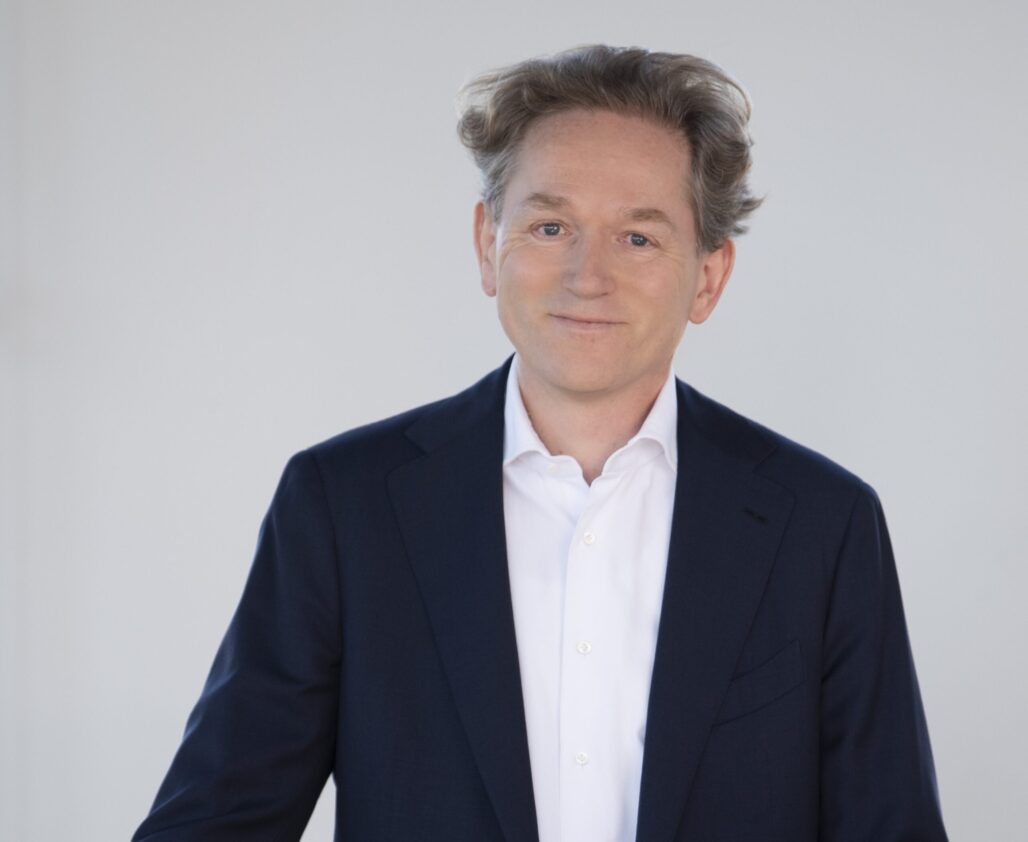A complete energy transition is needed to combat climate change. A transition that not only affects our entire energy system, but also our economy and society. This will only succeed if you approach this issue with an eye for the coherence of the system. It is high time for government, industry and the energy sector to sit down and discuss challenges and solutions with 100% transparency, says Andreas Ten Cate, Program Director at ISPT. This is his vision on the transition.
Whether we will meet the climate goals? There is a difference between what Andreas sees and what he hopes. “I am optimistic by nature. I believe in progress and, as an engineer, I know the power of technology. But here, our main challenges are not technological. They have to do with human behavior and the way we have organized the transition in the Netherlands. And there is still a lot of room for improvement in that area, to say the least.”
Trust the market?
He sees that the Dutch government acts on the believe that the market will naturally solve the energy transition. In some cases it does, but where there are early stages of innovation, the market mechanism do not work accordingly. Andreas: “Companies are hesitant to invest because it is still too unclear what direction the innovations will take and whether they will pay off. And that is understandable, especially in industry, because large sums of money are involved. “
Faltering progress
He continues: “Of course the government can help with subsidies. But at the moment, they only supports stand-alone technical innovations. As a result, a factory owner who has to make, say, ten techniques more sustainable has to apply for as many subsidies from different subsidy schemes. That makes the risk of failure high and hinders progress. In addition, major changes within a factory often have far-reaching consequences for the environment, for example because new infrastructure is needed. This means that there are many risks that can delay the transition. “
Innovation is a matter of doing, but with each other
Andreas, expert on the complexity of the energy transition
The energy transition is a systemic issue
The government’s innovation policy, focused on defined technical innovations, ignores something even more important. The energy transition is a systemic issue. Our entire energy system, from generation and infrastructure to storage and use, is undergoing a transformation. Supply and demand, the new mix of energy carriers: everything is interrelated. Andreas: “For example, electrification of industry will not happen without enough green power from offshore wind turbines. It is precisely because of this interdependence that the progress of the transition across the chains is linked.”
What energy system do we need?
“To move forward, we must have a clear picture of where we are going together. This requires leadership that helps to lay down the fundamental questions. What industrial activities do we want in a clean future in the Netherlands? Why and for what purpose? What energy system is needed for this and what must it be able to do? The answers to these questions can be explored and solutions can be designed. Models that make the connections in the system clear and give direction in the choices we have to make help us do that.”
What do other ISPTers think of the transition?
“A circular economy might double our use of energy” – Kees Biesheuvel
50% less capital investment
Designing helps! A good example is our Gigawatt project. There, in a 2-step iteration, we designed a state-of-the-art hydrogen plant that has 50% lower footprint and requires 50% less capital investment than if you “simply” put current technology together. It is an example of an iterative design process that brings together experimentation, optimization, learning and hooking into new developments. That is the core of innovation. And we need to start applying this practice to the challenges of our entire energy system. Innovation is a matter of doing, together.
Tekenkamer van de Industrie
Andreas: “Thinking of the current transition, we have no time to waste. Government, industry, the energy sector: we all need to get around the table to discuss and come up with our challenges and solutions 100% transparently. At ISPT, we want to bring these 3 worlds together in de Tekenkamer van de Industrie. In such a partnership, the industry takes the lead and we can support the quality of transition planning and system integration with tools and best practices: who does what when? This is the way to approach the transition. We need to embrace the complexity and grab that beast by the horns.”
More about Andreas Ten Cate
Andreas had extensive knowledge on everything sustainable industry-related: from heat, to water to green energy – he has worked on almost every front. He has a PhD in Chemical Engineering and a background in process- and operational improvement of chemicals – like steel and aluminium. But above all, he’s curious by heart.

